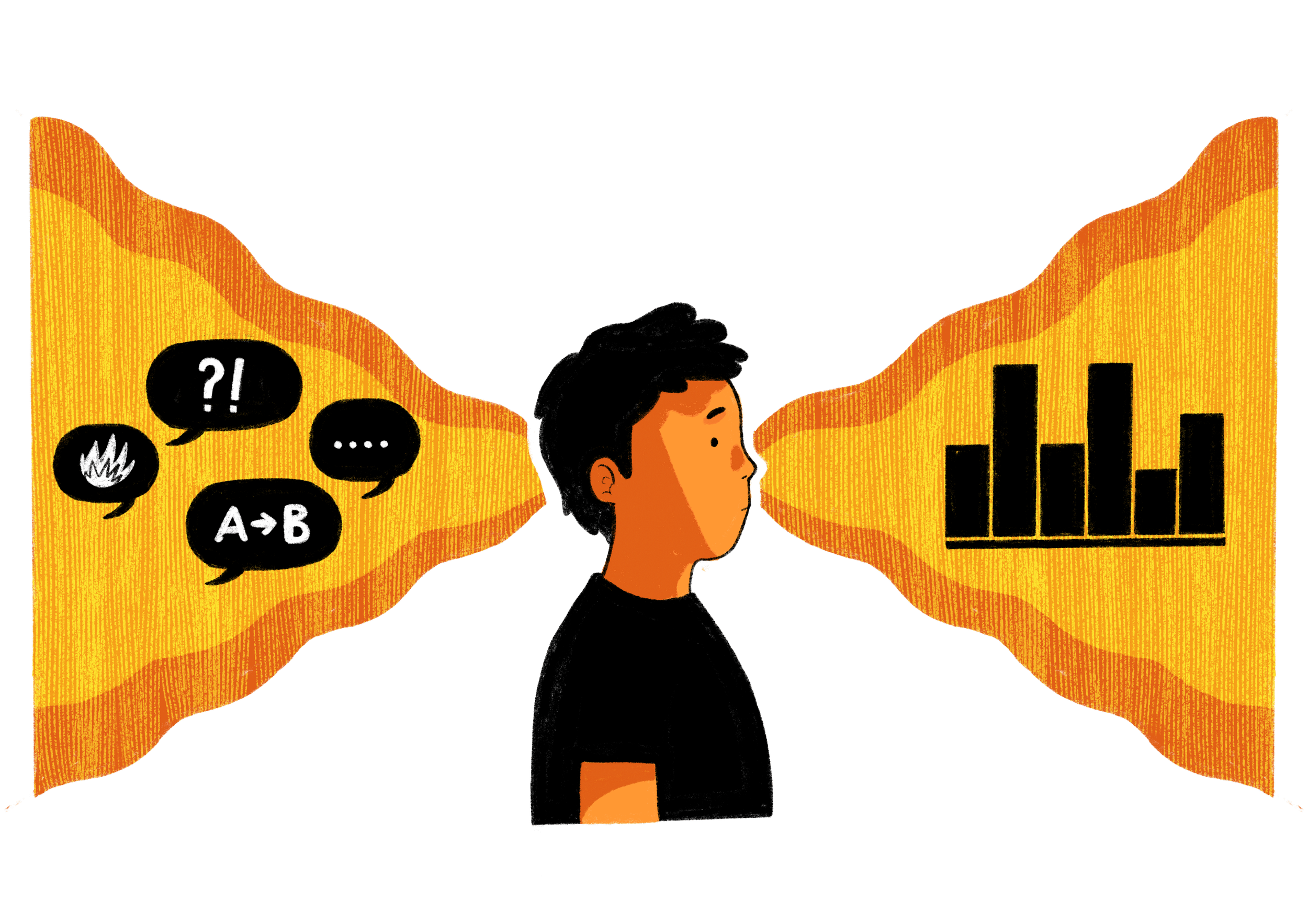Nicholas Jones
The Putting Data Justice in Context workshop was a fantastic opportunity and one greatly appreciated. I was exposed to a range of new ways of thinking about data from a global perspective. In particular, I enjoyed the discussion about the need to away from seeing data as located strictly within digitised environments and data-sets, and towards a more diverse understanding of data as tangibly located within any object that has the potential to be digitised.
This is particularly relevant to Indigenous data, as applying this lens within the context of Aotearoa/New Zealand, we can see that Indigenous Māori data is encoded within our artworks (tukutuku panels), and the landscapes around us. Each have stories within them that affirm our identity as Indigenous peoples. In particular, it was mentioned that the terminology of these knowledges/data being “encoded” in these forms holds the connotation from the onset that these forms of data restricted to those who are able to understand these “codes”.
This affirms an Indigenous Data Sovereignty notion that not all data should be made publicly available, but rather restricted to those that can understand/ “read” these encoded data sets. Moreover, it was stressed that the motives behind data collection is at times questionable, as often data is collected that only reaffirms what is currently known through other means, and often in relation to indigenous peoples, this plays into a deficit model. This raises an interesting question as to why we collect data.
Rather, this workshop made me think if we are only collecting data that continues to reaffirm deficit models and not use it to suggest ways to action upon it, why do we even collect data in the first place. Rather, this korero (discussion) made me aware we need to action our data for change. On this note, it was raised that quantitative data analysis may not go far enough to make these changes, as it is all too easy to ignore the stories and ways forward from directly affected communities by reducing them to numbers as demonstrated by the contention between official reporting and on-the-ground experiences.
This has raised my awareness of the need or qualitative data to sit alongside quantitative data in order to make change. This raises the dualistic nature of data and the need for further awareness of data ethics. Rather than seeing data as objective, in our use of data we must be aware of the effects data sharing that may cause unintentional harm a community it attempts to represents by feeding into these deficit models, and keep in mind the question of “who does this data serve?” and “where do the benefits of this data go”.
Rather, this workshop has raised my awareness of the need to actively wield data as a way to obtain support to result in positive outcomes for communities. This plays into Nick Seaver’s point that often “the ‘data-driven decision’ comes at the very end of the data-collection process”, and to me raises the need to develop goals and objectives to realise these aspirations at the onset of a project, not the end.



